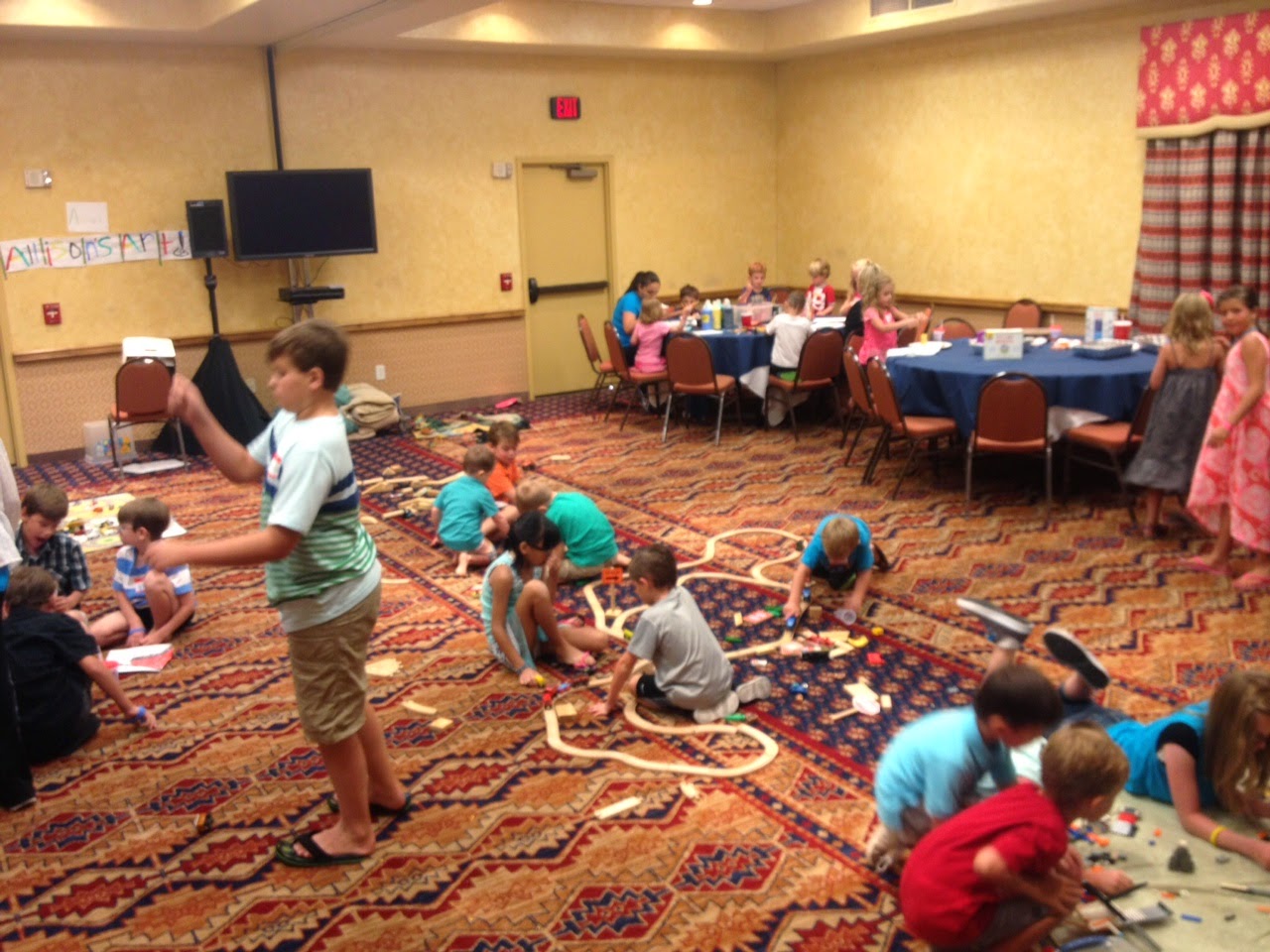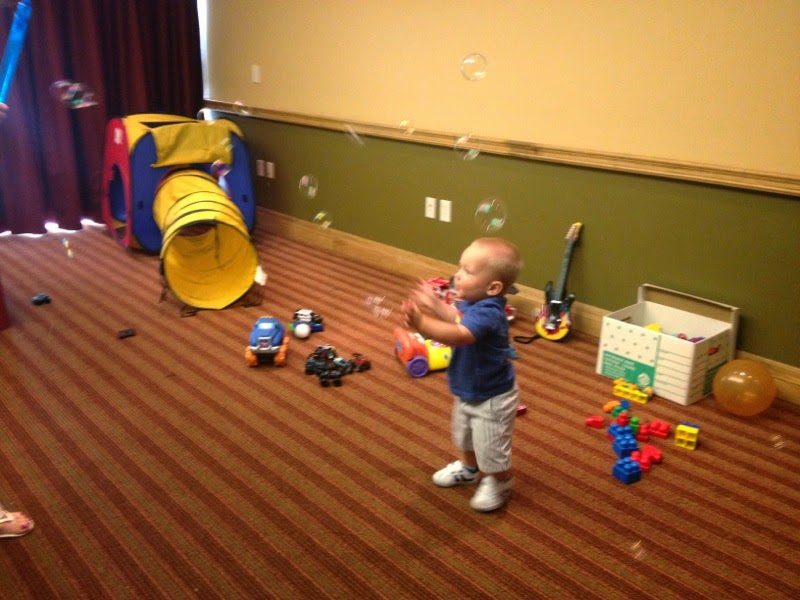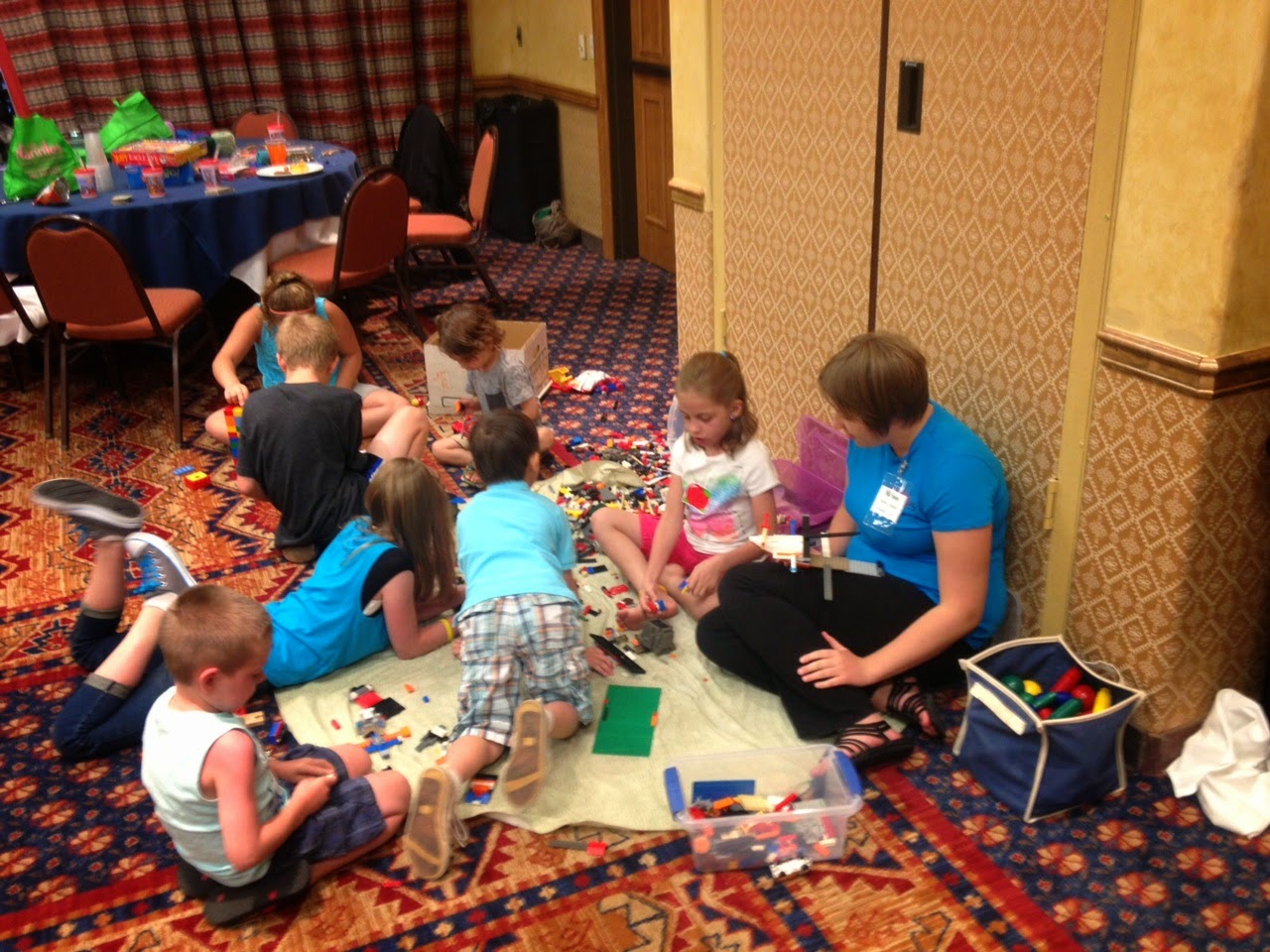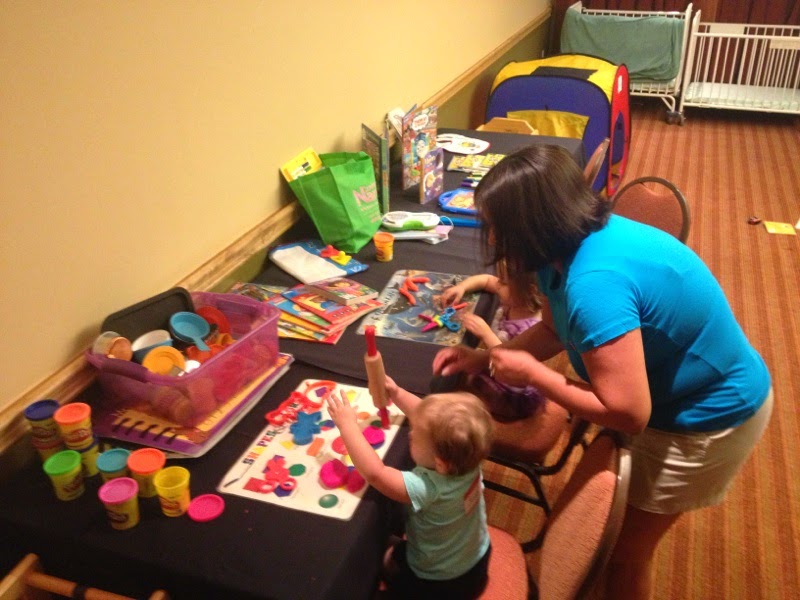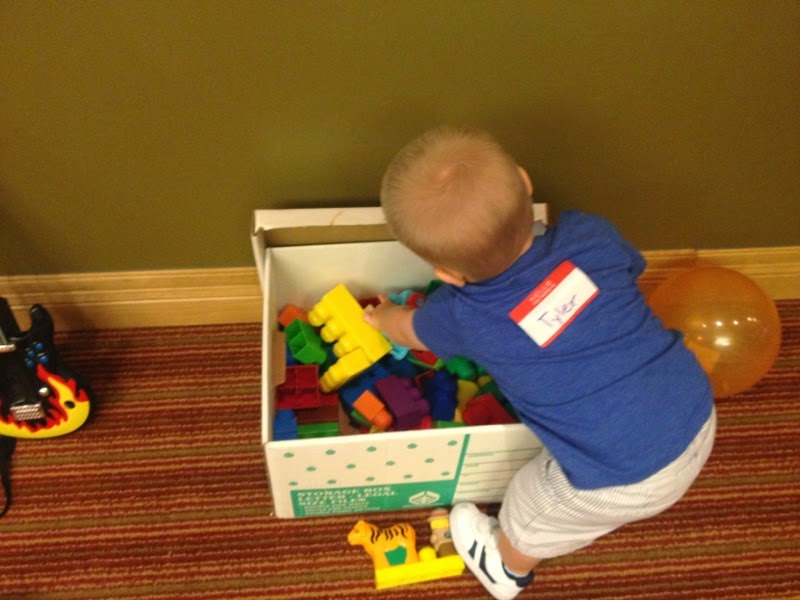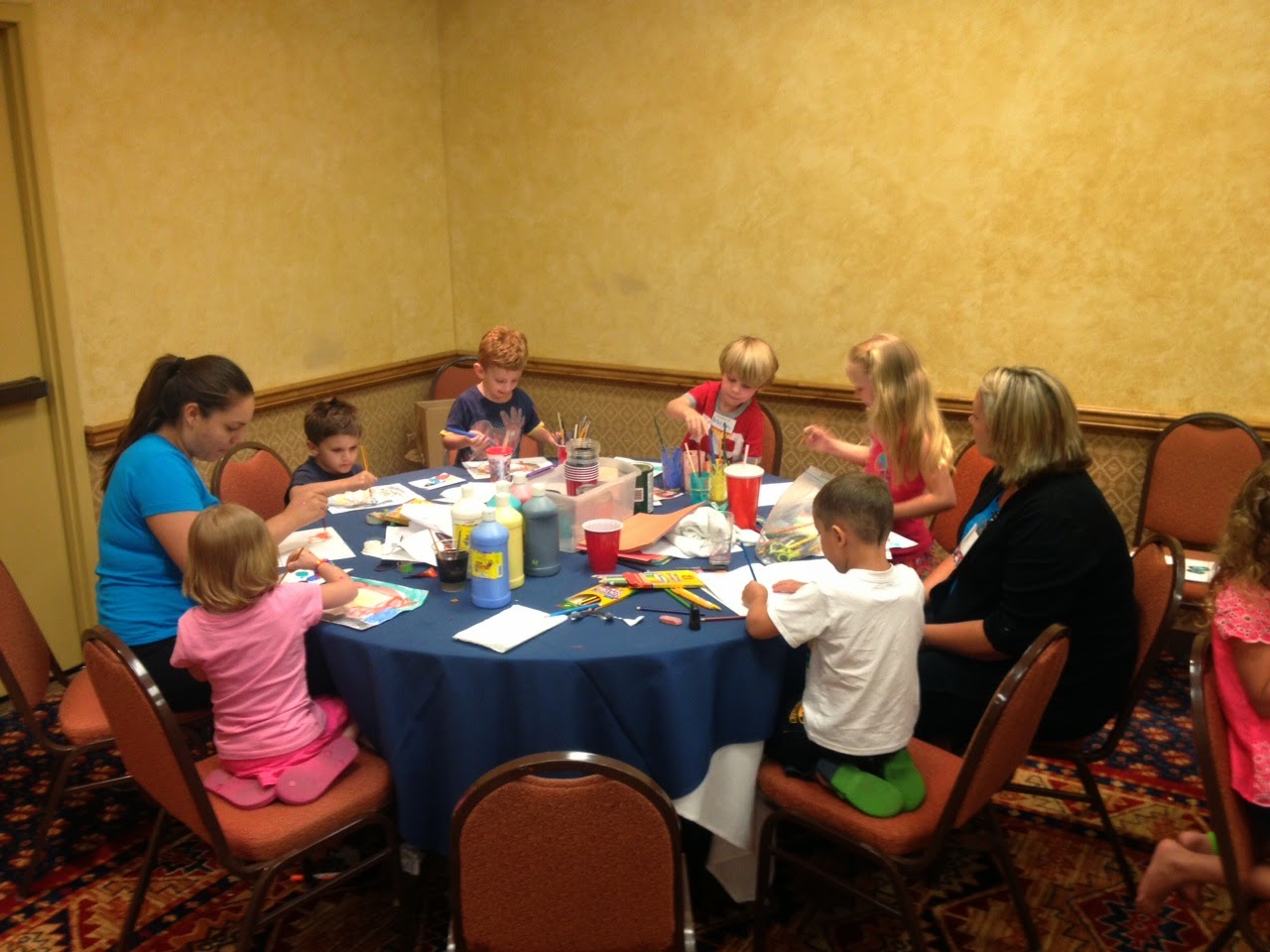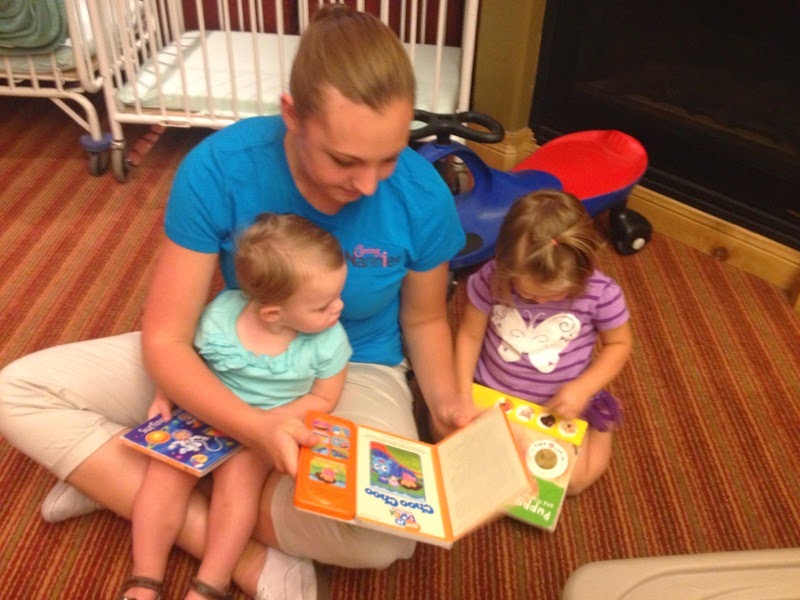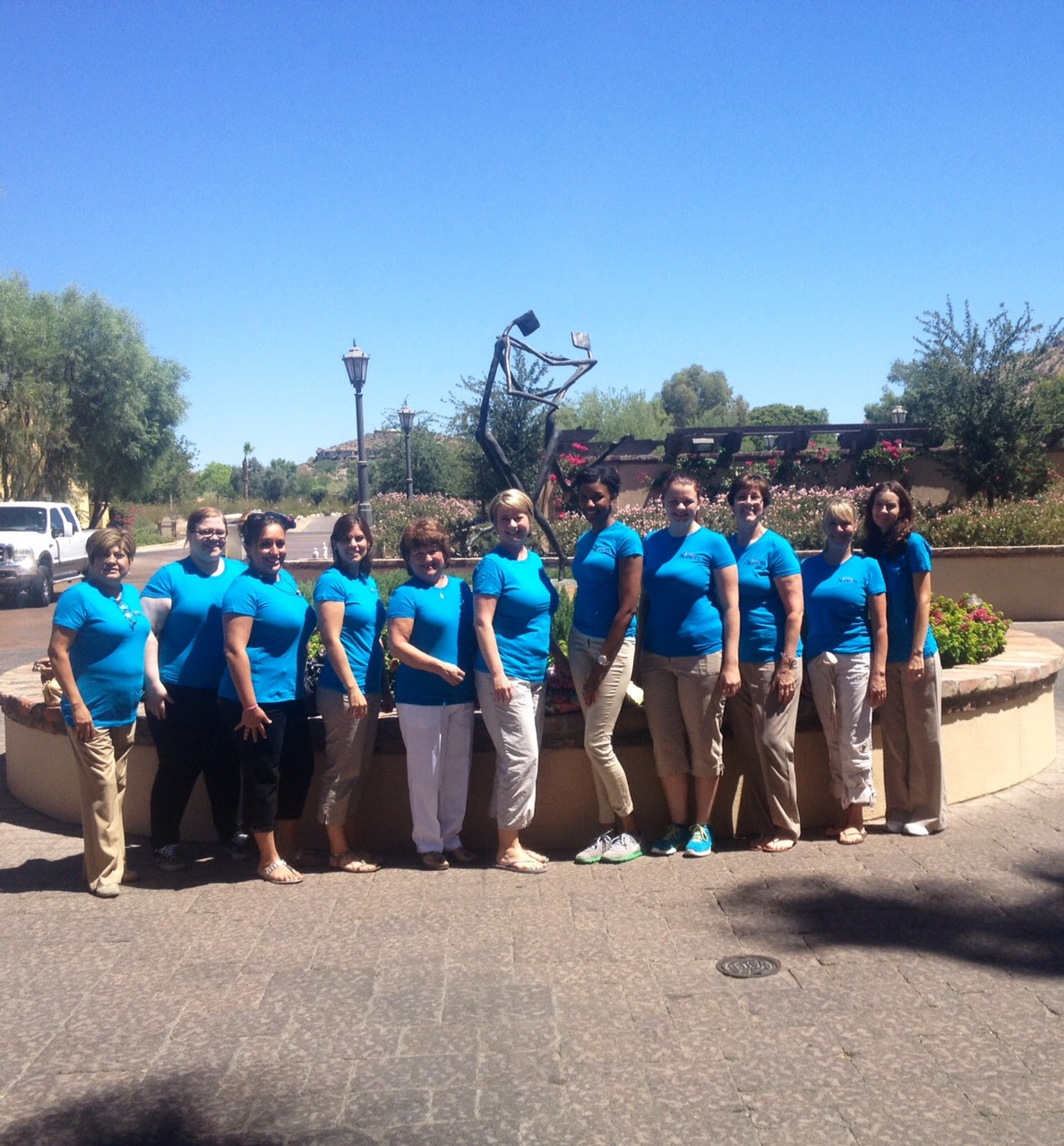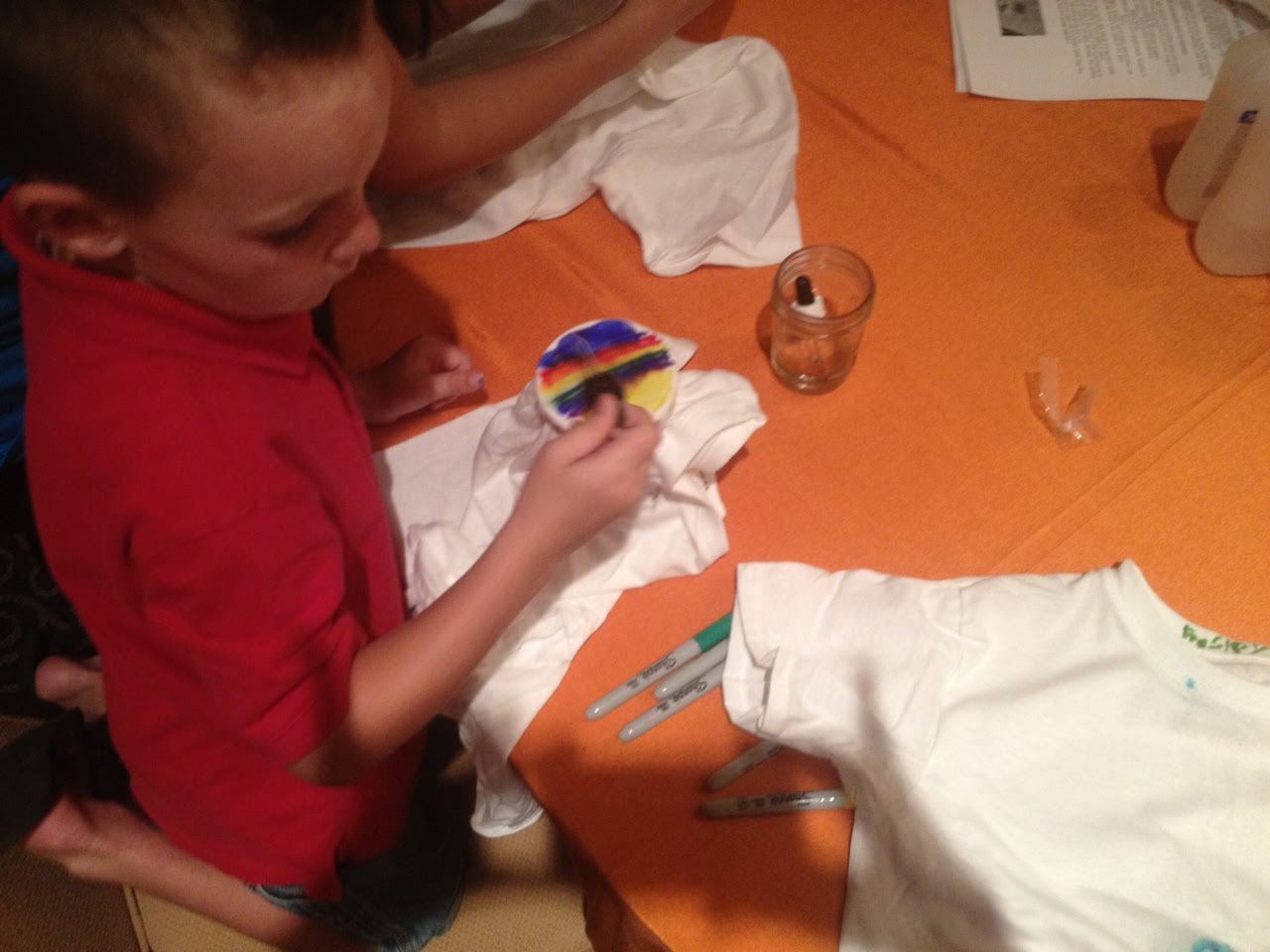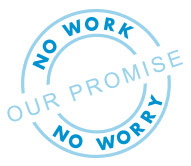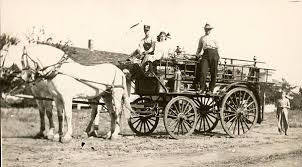These tips for getting off to a good start can boost children’s confidence, behavior and outlook socially and academically. The shift from summer to Fall can be a tough transition for both children and their parents, with greater structure, more activities and more stress. Help your children manage the changes by planning ahead and staying positive. Check out our tips to make it easier for the whole family.
Re-establish routines – take a week or two to gradually move up bedtime and wake-up time and let them practice getting up, dressed and eating breakfast earlier. Add in bedtime reading and chores if you didn’t do this during the summer. Talk to your child about the benefits of going to bed on time so they have energy the next day. Even preschoolers can learn to set an alarm clock to get up in the morning. Praise them for being a go-getter when they get up.
Create a launch-pad – a designated area for backpacks lunch boxes and important notices and homework papers to avoid last minute scrambles.

Set a time and a place for homework – avoid daily battles by setting up a time and place for homework. The best area is the kitchen or family room so they can be monitored and encouraged. Make sure there’s good lighting and room for books and resources. Plan ahead to be available during the homework hour to head off frustration and make sure the work gets done.
Mark your calendar and plan to attend “Meet the Teacher Night” – It is August 1 in Tempe, check your school website for other districts and attend to meet your child’s Teachers, the Principal and other staff. Arrange for a babysitter now, if necessary. Walk through the school if it is a younger child or a new school, and find their classroom, locate lockers, visit the lunchroom, and encourage your child to ask questions.
Here are the first days of school for some local districts:
Chandler – Monday July 21
Phoenix – Wednesday July 30
Tempe – Tuesday August 5
Gilbert – Wednesday August 6
Scottsdale – Wednesday August 6
Paradise Valley – Friday August 8
Glendale – Monday August 11
Clear your schedule for the first week of school and put off business trips, extra meetings and avoid bringing work home to you have time to help your child get used to the new schedule. Have some planned frozen leftovers ready so dinnertime is easy.
With a few of these tips and strategies in place, your first days of school will create a good start to the school year and make for academic success all year.
If you need an extra hand, consider hiring an after school nanny. We’re currently recruiting candidates who will pick children up from school, fix a nutritious snack, help with homework, throw in a load of laundry, prep dinner, get the kids in the car with mouth guards, clean uniforms and socks, and drive them to sports practices or appointments. We take photocopies of their Driver’s Licenses, three year MVD Records and current Auto Insurance when they interview. When checking references, we ask prior families about their driving habits.They’re happy to grocery shop or pick up the gift for the weekend birthday party. Expect to pay $16-$18 per hour and we require a hour hour minimum per visit. Click here to fill out a Family Application. and Jenny, our Family Placement Counselor will give you a call to answer your questions.
Beth Weise



